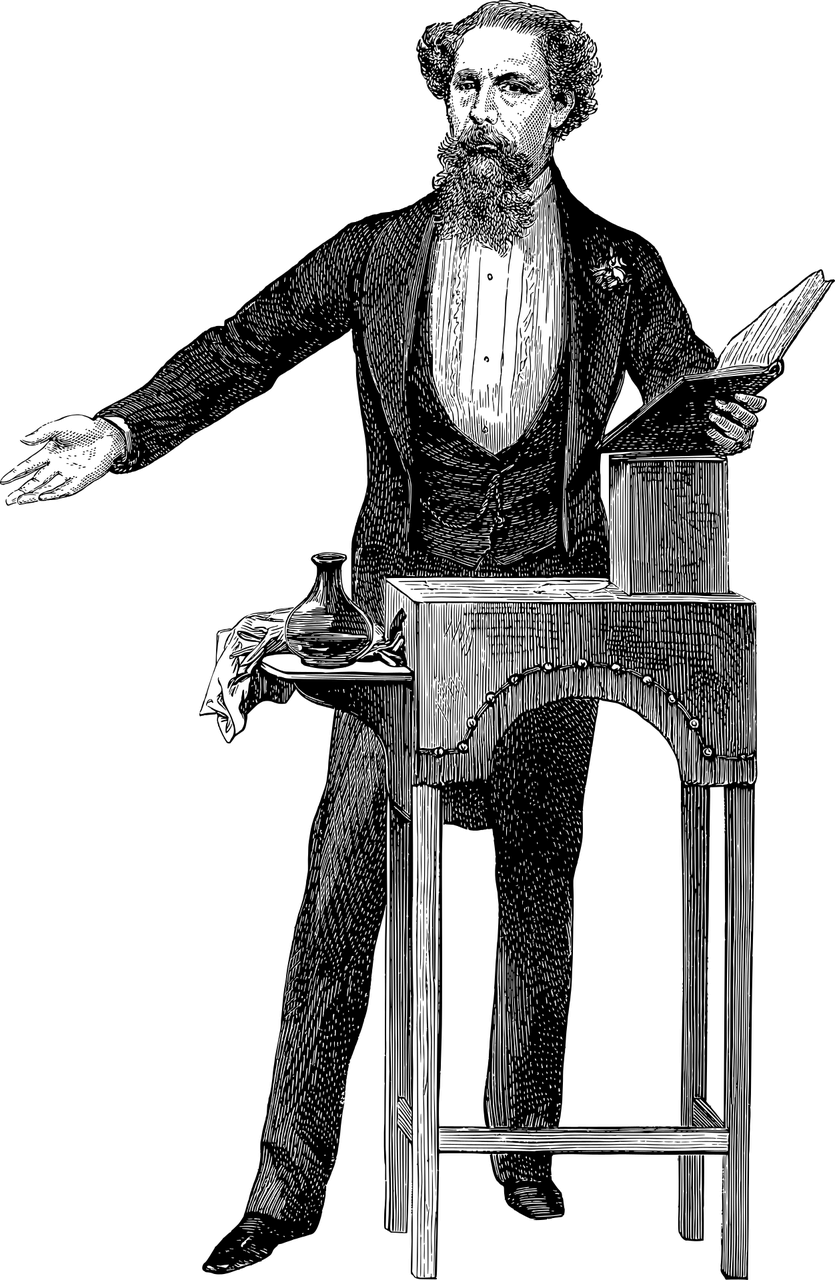George Orwells 1984: A Masterpiece of Dystopian Literature

Introduction:
George Orwell’s novel 1984 is a timeless piece of literature that continues to captivate readers around the world. Published in 1949, Orwell’s work brings to life a chilling dystopian society where Big Brother, the ruling party, monitors and controls every aspect of its citizens’ lives. This article aims to provide a comprehensive overview of 1984, delving into its significance, historical context, and the lasting impact it has had on the literary world.
I. Understanding George Orwell’s 1984:

A. Overview:
– 1984 is a dystopian novel set in the fictional country of Oceania, ruled by the oppressive Party led by Big Brother.
– The story follows Winston Smith, a low-ranking member of the Party who questions the regime and its propaganda.
– Key themes explored in the novel include totalitarianism, surveillance, language manipulation, and the essence of individuality.
– Orwell’s use of doublethink, newspeak, and thoughtcrime adds depth and intrigue to the narrative.
B. Significance and Impact:
– 1984 has had a profound impact on popular culture, inspiring terms like “Big Brother,” “thought police,” and “newspeak” in everyday language.
– The novel functions as a critique of oppressive government regimes, raising awareness about the dangers of authoritarianism.
– Orwell’s exploration of the manipulation of truth and reality resonates strongly with contemporary society, highlighting the importance of individual freedom and the pursuit of truth.
C. Characters and Symbolism:
– Winston Smith serves as the protagonist, representing the struggle against oppression and the desire for individual autonomy.
– Julia, Winston’s love interest, symbolizes rebellion and the human instinct for freedom.
– Big Brother, the face of the Party, embodies the omniscient, omnipotent figurehead of a totalitarian regime.
– The telescreens, surveillance devices present throughout Oceania, symbolize the constant monitoring and suppression of individual thought.
II. Historical Development of 1984:
A. Orwell’s Life and Political Beliefs:
– George Orwell, born Eric Arthur Blair, experienced firsthand the rise of totalitarian regimes during the 20th century.
– Influenced by his experiences in the Spanish Civil War and his disillusionment with Soviet communism, Orwell developed a deep-rooted skepticism of authoritarianism.
B. Writing and Publication of 1984:
– Orwell began writing 1984 in 1946, drawing inspiration from his concerns about the growing influence of totalitarian governments in Europe.
– The novel was published in 1949, amidst the early stages of the Cold War, and served as a warning against the dangers of totalitarianism.
C. Legacy and Influence:
– Since its debut, 1984 has remained a staple in literature courses worldwide, captivating readers with its poignant and thought-provoking themes.
– The novel’s concepts have evolved beyond the realm of literature, infiltrating political discourse, academic research, and popular culture.
– Intellectuals and scholars continue to analyze and interpret 1984, drawing parallels between Orwell’s dystopia and current sociopolitical climates.
Conclusion:
George Orwell’s 1984 remains an iconic piece of literature, exploring timeless themes that resonate with readers of all generations. Its portrayal of a dystopian society serves as a cautionary tale, reminding us of the significance of individuality, truth, and freedom. By delving into the historical context and analyzing the novel’s impact, we can truly appreciate Orwell’s genius and the enduring relevance of 1984 in today’s world.





